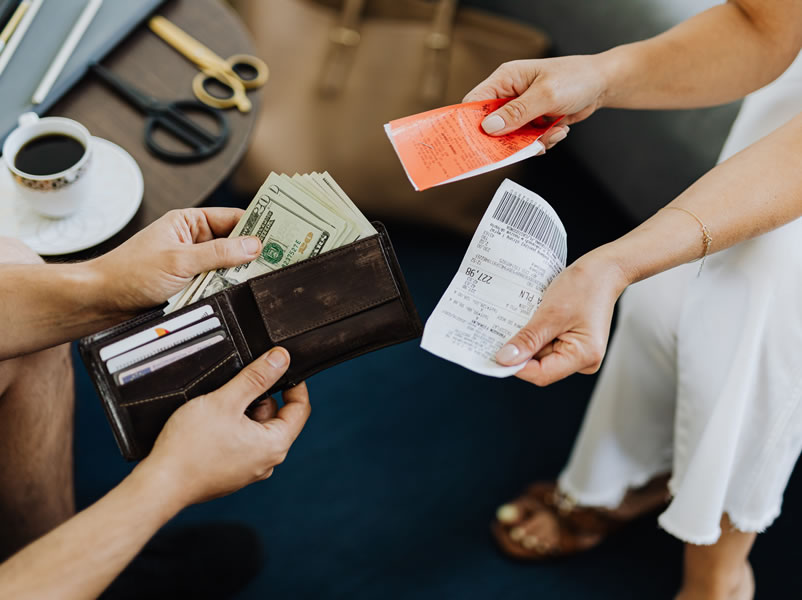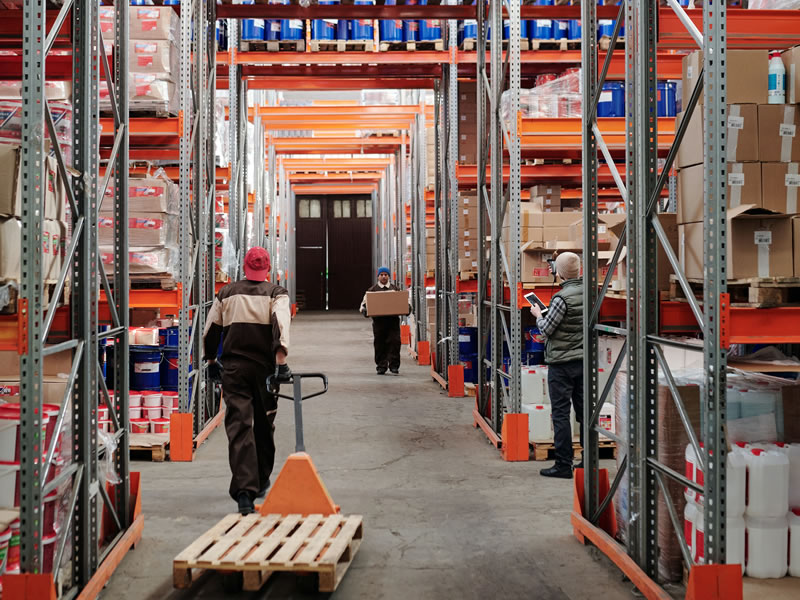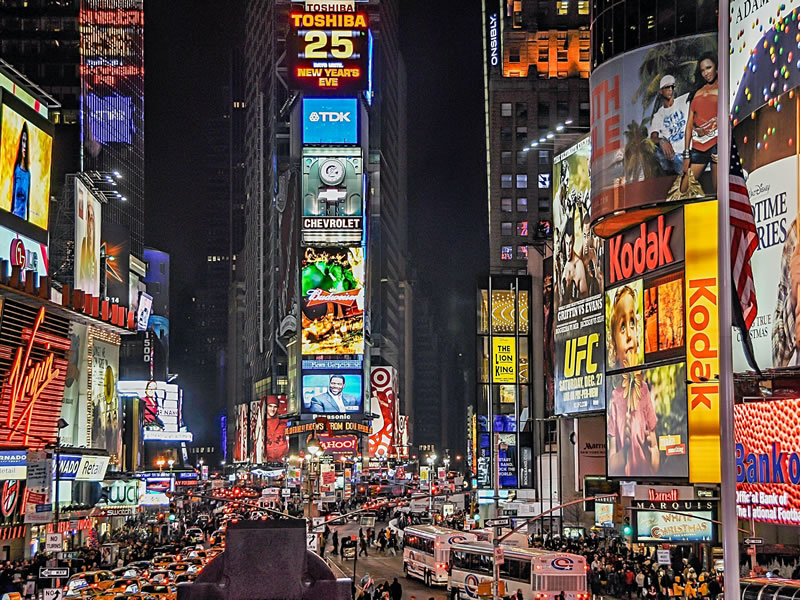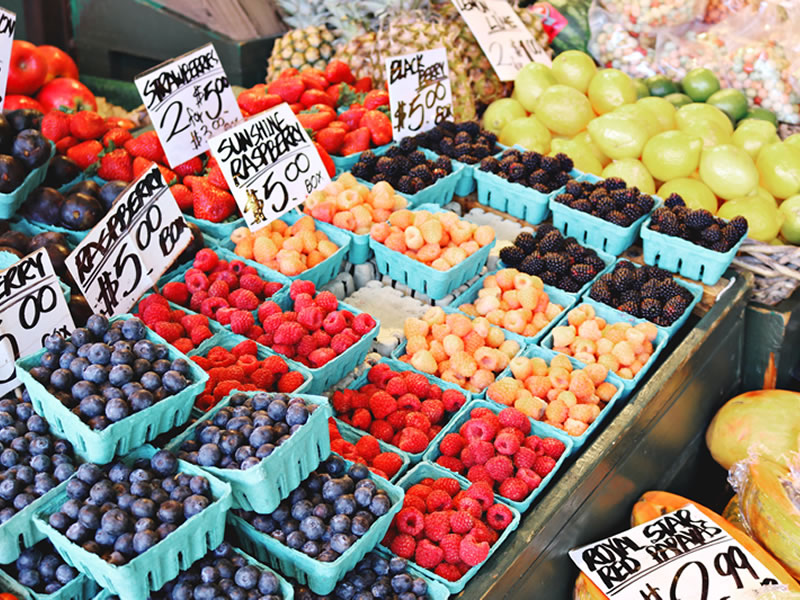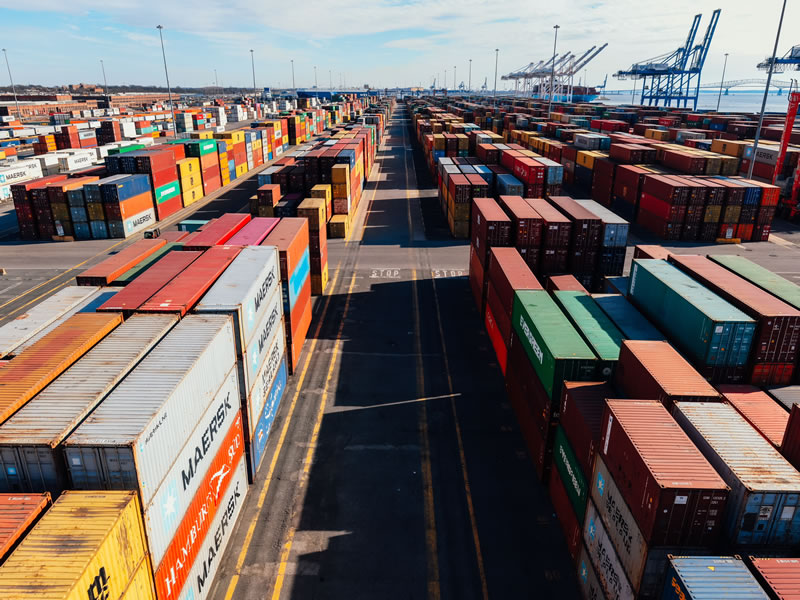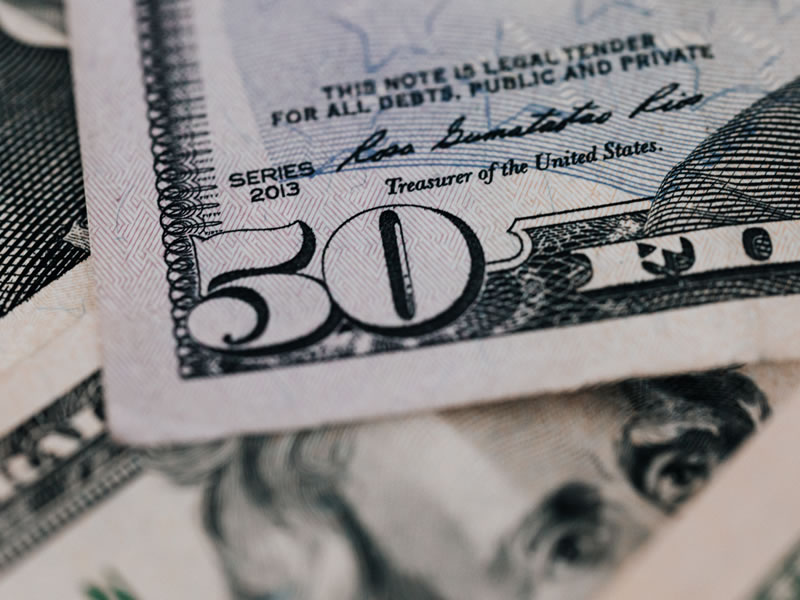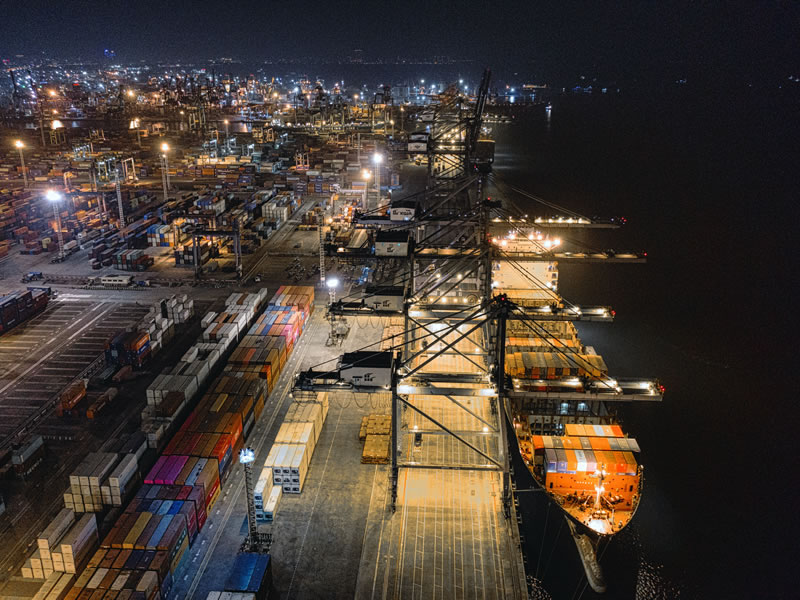Introduction More products and items, more sales, and then it’s time for imported products, but in a different way 1 – Whoever pursues only orders never conquers a market 2 – The Marketplace Revolution: (The Retail’s Evolution) 3 – Formal Import and Direct Import Taxation Comparison 4 – Product Certification in Brazil 5 – Cross-border[leia mais…]
Category Archives: business
It was difficult to imagine, fifteen years ago, how disruptive the Marketplace model would be. The big retailers, with enormous force, were the destiny of every manufacturer and importer, acquiring goods and reselling them to final consumers. They were responsible for the purchase, stock, sale and delivery, both in physical and online sales, in their[leia mais…]
Traditional import companies of consumer products were not prepared for a digital sales process with marketplaces. The amount of consumer items available began to grow in geometric progression, increasing the inventory’s risk, and the final blow was one-to-one international website sales to end users. The products imported through maritime containers are increasingly focused on commodities[leia mais…]
Brazil, despite being the largest consumer market in all Latin America, is the most protectionist country (you can perceive it as an achievement), where the most important thing is to understand its distribution structure in the new digital reality. To start with, in Brazil, you have the possibility to sell to each Brazilian citizen or[leia mais…]
The Mercado Livre Phenomenon: In 1999, Mercado Livre emerged, in November 2002, Mercado Livre acquired some strategic assets from Lokau.com, a competing Brazilian business platform, incorporating all registered users of this site into its platform. At the same month, it was time to acquire some operations from a regional competitor, DeRemate.com Inc. (Arremate, in Brazil),[leia mais…]
Custom Taxation: Let’s differentiate now two import models: the traditional, maritime, by containers, which we will call Formal Import, and the air model, practiced by the final consumer, called Direct Import (Cross-Border). Taxation at Formal Import: Depends on the NCM Product CODE IMPORT – TAX: Range from 30% to 60% VAT TAX – ICMS: Range[leia mais…]
Brazil has a complex certification system, which, in my opinion, reinforces its protection feature in relation to imported items. The certifiers in Brazil are the following: INMETRO IPEM ABNT ANATEL The certification process in Brazil is expensive and costly, going against the Marketplace’s model, where the more products offered, the higher are the sales. This[leia mais…]
Compliance in a cross-border operation starts in the country where the payment is processed. That is a relevant factor for the Brazilian Tax Code. Before the advent of e-commerce, there were only two ways to make an international purchase, both of which requiring an international credit card. Either the consumer was on a trip, and[leia mais…]
The number of international orders received by the Post Office daily is not clear. In 2018 the president of the institution stated that they were receiving 100 to 300 thousand international orders daily. On the 27th of August of the same year, the Post Office announced the addition of 15 reais for the domestic re-dispatch[leia mais…]
How to justify to the Brazilian Central Bank the sending of payment abroad of orders imported by the importing consumer who did not pay customs taxes, or, better, were not called to pay the uncharged tax, but this tax is due to the Brazilian Federal Revenue? If these orders neither pay customs taxes, even though[leia mais…]

